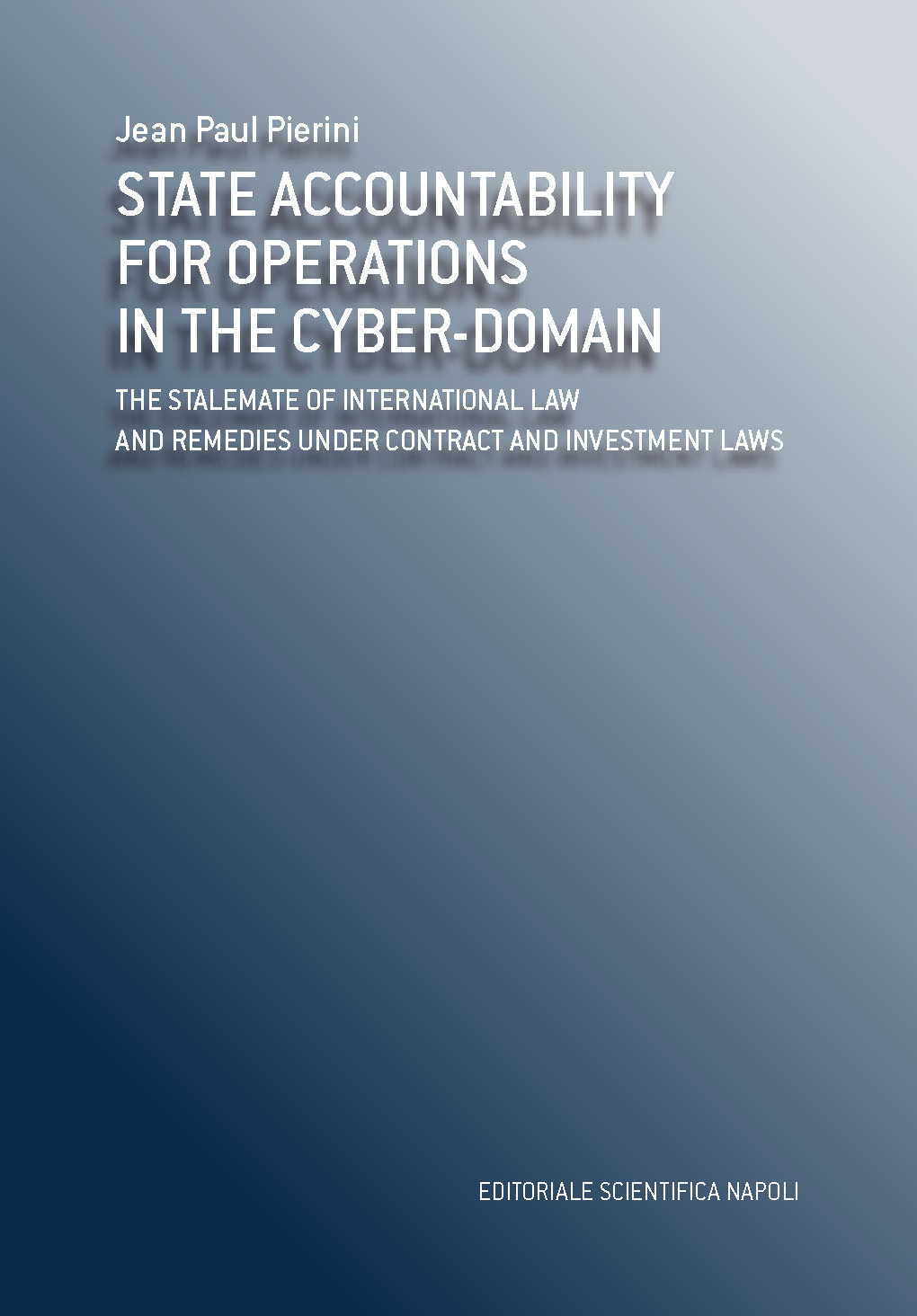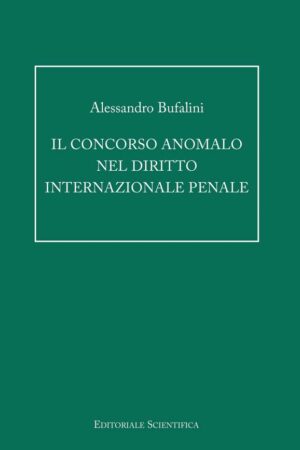Descrizione
The International Community’s protracted attempts to define how international law exactly applies to cyberspace ultimately proved unsuccessful. Individuals and businesses seeking redress for harm and damage caused by State-backed cyberoperations still face significant legal obstacles in their home states. The pursuit of accountability prompts the assessment of ‘lateral’ strategies. A few court cases, that serve as a “testbed” for future instances, have already resulted from Nation-States hacking into computers and devices and conducting remote surveillance across borders. Lawsuits, like those brought by large tech firms against commercial surveillance vendors (CSVs), cast light on how States behave when hacking and spying on devices and draw attention to “terms of service” (ToS) that apply to the conduit used to detach malware. Accordingly, contractual causes of action against foreign States are investigated in order to establish if they may reduce foreign sovereign immunity implications and whether changing actual ToS may help constrain State actors. Another ‘lateral’ approach to accountability examined is represented by Investment Treaty Arbitration (ITA), which was already considered as a potential means to constrain States in respect of cybercrime and State-driven or State-sponsored cyberattacks. Analogies between immaterial digital assets, data, loans and bonds were sketched in the analysis of the viability of Investor-State dispute settlement (ISDS). Investment tribunals have applied the principle of good faith in transnational cases of denial of justice where the alleged wrong takes place, at least in part, in one or more foreign jurisdictions. The research accordingly examines the prospects of extending protection to the investor’s assets and infrastructure in its Home State when they are targeted by cyberattacks as a consequence of an investment, or when the investment itself either technically enabled the attack or was exploited by it.
Jean Paul Pierini serves as an officer in active duty in the Italian Navy. In his exclusively private capacity, he writes and co-writes legal monographs and articles, mostly on international criminal law and procedure. For his writings, he received the following awards and recognitions: the 2023 Special James Brown Scott Prize awarded by the Institut de Droit International; the 2018 Premio Internazionale Giuridico-Scientifico G. Falcone – P. Borsellino; the 2016 Richard R. Baxter Military Prize awarded by the Lieber Society on the Law of Armed Conflicts, Interest Group of the American Society of International Law.


